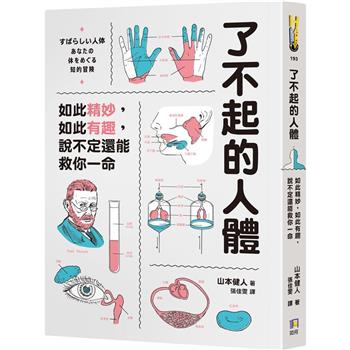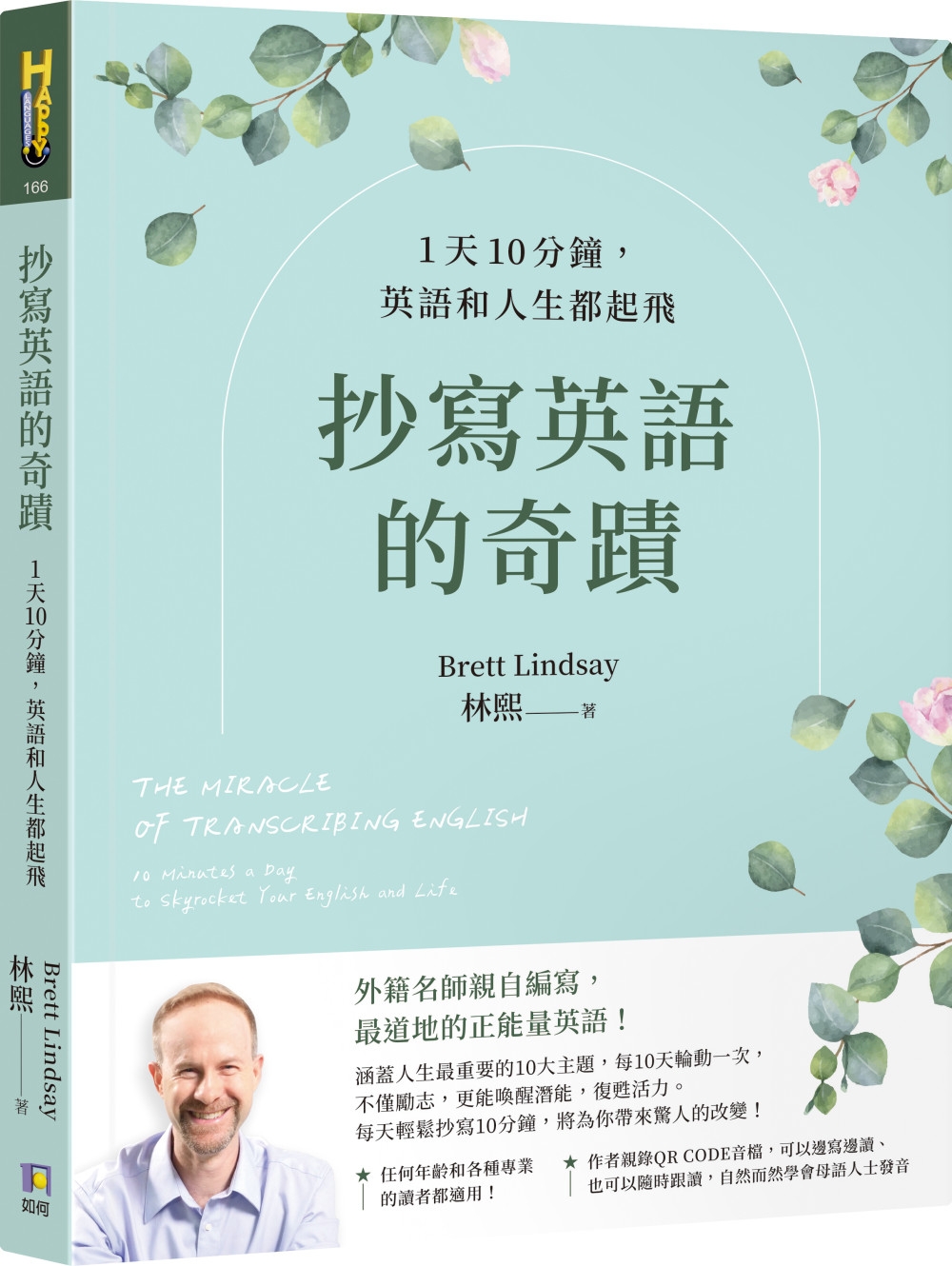Developing countries are increasingly faced with the lack of alternative institutions to counter the social processes entrenched in local settings that lead to poverty. In this book, the author investigates the potentials of Churchbased organizations (CBOs) as alternative mechanisms, and suggests a communitarian approach to poverty eradication as a back up to the past and present approaches offered by modernism and post modernism respectively. Both the upcoming theory of Social Learning and the age-old principle of Participation are used as a theoretical framework, with empirical data from the diocese of Ogoja, Nigeria. The author investigates key research questions such as: How do churches learn to build on the capacity of individuals and groups as stakeholders that influence poverty eradication at the local level? How do Churches as organizations learn to become social change agents? This book enunciates a new dimension to the development discourse and the ongoing fight against poverty and it is highly recommended for scholars of international development in their effort to proffer a holistic solution to the problem of poverty and its eradication. The third approach to poverty according to the author is a communitarian approach that examines the organizational dynamics of a diocese in relation to the Social Justice Agenda of the Roman Catholic Church. I recommend this book to pastors of churches, local church communities and their leaders both in developed and developing countries who seek a sincere approach to sustainable development. Most Rev. Dr. John E. Ayah: Catholic Bishop of Ogoja, Nigeria. In this book the author ascribes another perspective to poverty eradication by focusing on social praxis, thus giving a practical dimension to the role of religion especially for communities in developing countries. As a scientist, I recommend this book to researchers in general, in a quest for the meaning of development. Derek Cabrera: PhD in Human Ecology, Cornell University, Ithaca, NY, USA.
| FindBook |
|
有 1 項符合
Abue的圖書 |
 |
$ 3505 | Participation and Social Learning in Church-based Organizations: A Third Approach to Poverty Eradication in Developing Countries
作者:Abue 出版社:VDM Verlag Dr. Mueller E.K. 出版日期:2007-09-07 語言:英文 規格:平裝 / 276頁 / 24.4 x 17 x 1.5 cm / 普通級  看圖書介紹 看圖書介紹
|
|
|
圖書介紹 - 資料來源:博客來 評分:
圖書名稱:Participation and Social Learning in Church-based Organizations: A Third Approach to Poverty Eradication in Developing Countries
|











